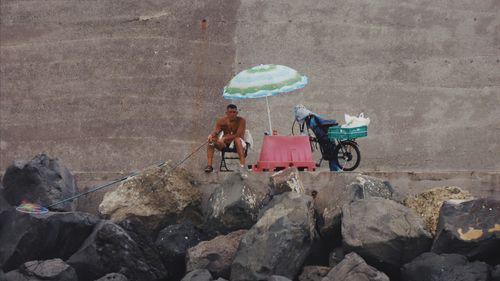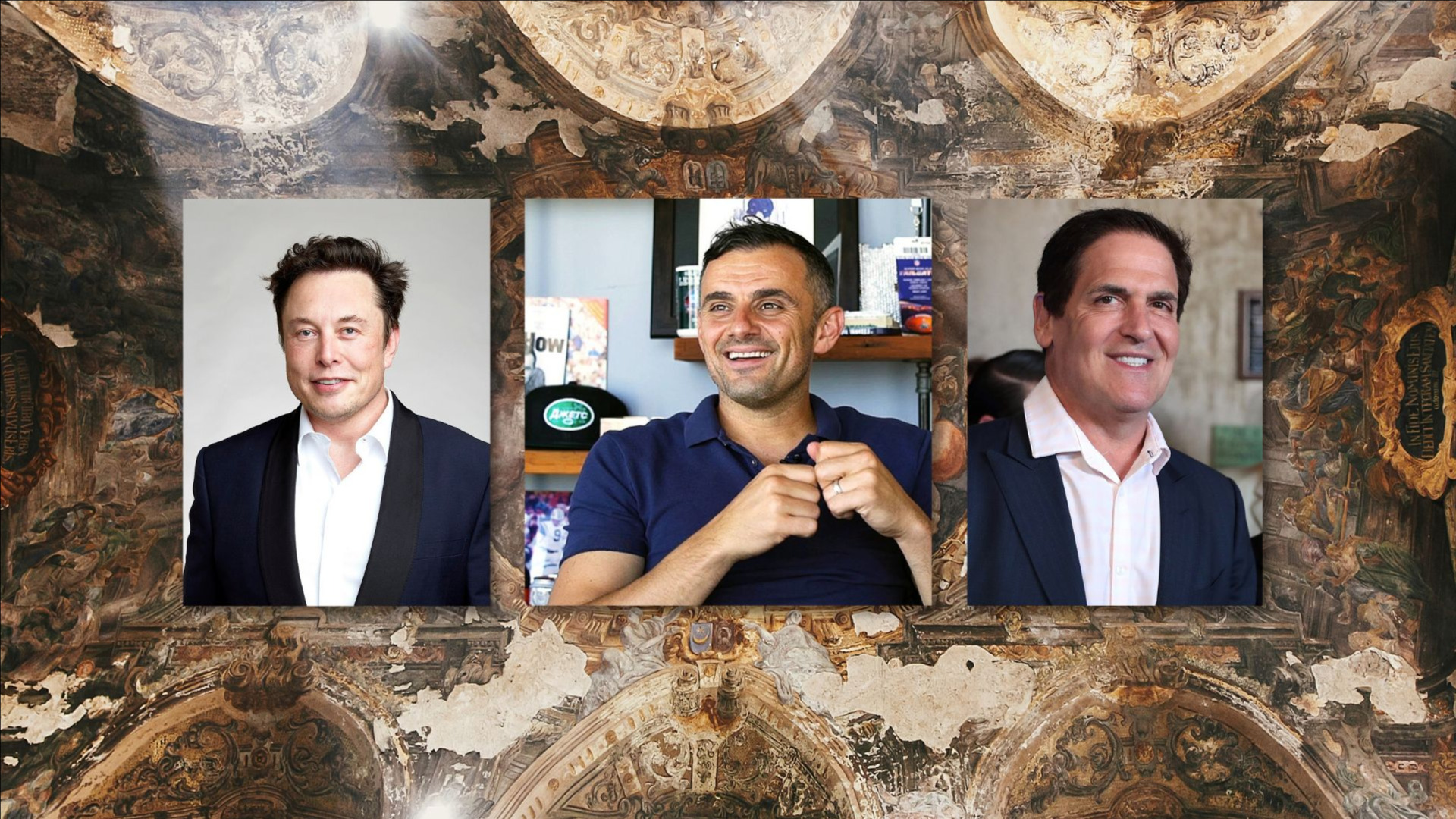Work is the New Religion
Nov 28, 2023 · 2 mins read
0
Share

We work hard & for long hours to reap the benefits that may only be enjoyed occasionally—during strict intervals or whenever they got scheduled in the (sometimes very distant) future:
We’re waiting for the weekend, next vacation, or retirement! 🔮
Save
Share
This makes us end up with a chronic condition:
We constantly postpone the zest & will to enjoy life ⏳
Save
Share
What happens at work & how successful your career is reliably dictates how happy you are. The lack of time—this curse of always being “busy”—makes leisure (ironically & precisely what you need in order to be productive at work) impossible.
Save
Share
“If you want to understand what a society truly worships, don’t examine its art or literature...simply look at its tallest buildings.” — Joseph Campbell

Save
Share
“Whoever does not have two-thirds of his day for himself,” Friedrich Nietzsche wrote in 1878, “is a slave, whatever he may be: a statesman, a businessman, an official, or a scholar.”
Save
Share
The difference between a workaholic and a slave is largely psychological. A slave is forced to work hard; a workaholic is programmed to choose to work hard. The alchemy lies in giving the victim a sense of independence about his/her decisions.
Save
Share
One of the most common myths we believe in is that medieval peasants worked very long hours. The truth is—medieval peasants worked only 150 days per year. The Church believed mandatory and frequent holidays were crucial for well-being ⛪
Save
Share
Our ancestors may not have been rich, but they had an abundance of leisure. When industrial capitalism raised their incomes, it also took away their time. It’s hard to come to grips with this, but we work (much) more than medieval peasants.
Save
Share
Few are able to realize that long periods of steady, monotonous work are a remnant of the Industrial Age. The Industrial Age normalized workaholism. We idolize workaholics and recognize them as heroes and models of our secular society.

Save
Share
To change this, my bet is that this will require a revival and a rediscovery of the sacred ways of work, coupled with a genuine curiosity to sympathetically integrate the best tools of the Information Age into that philosophy.
Save
Share
0